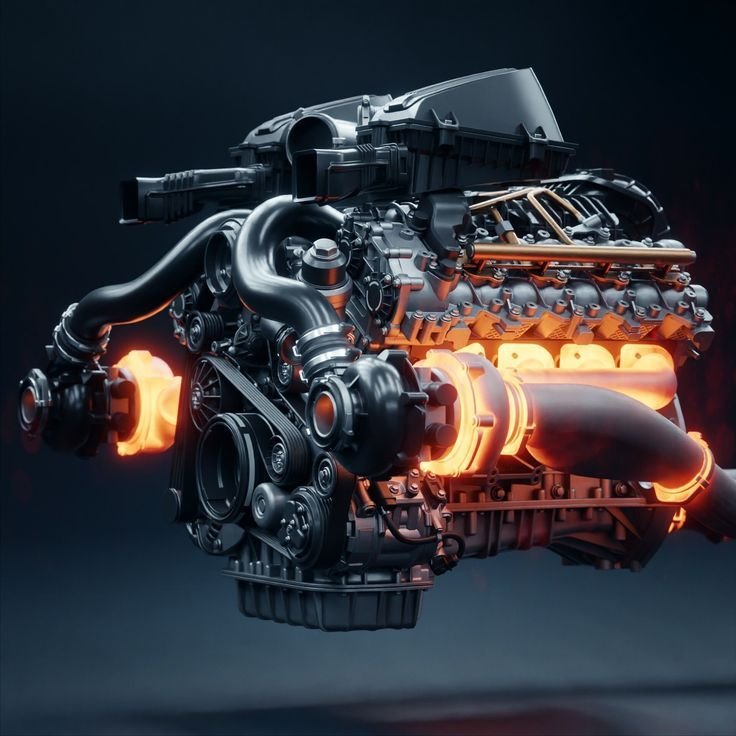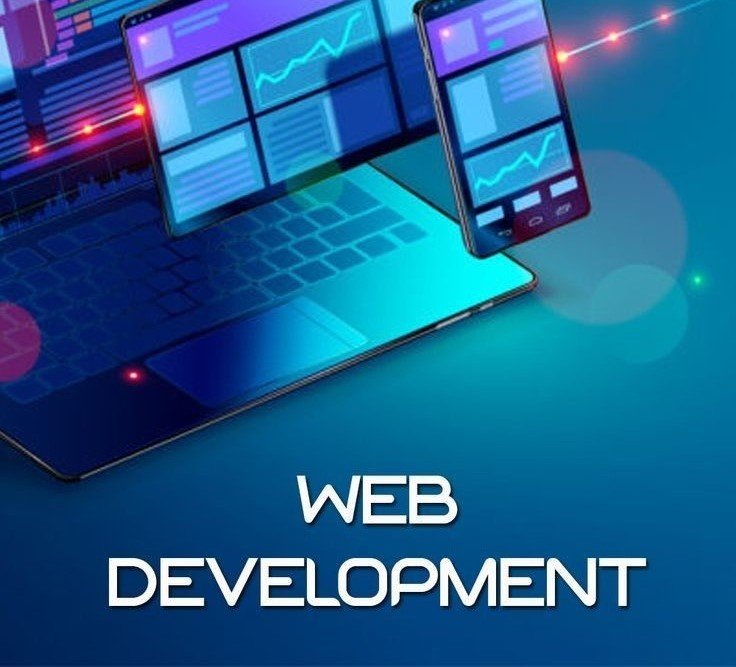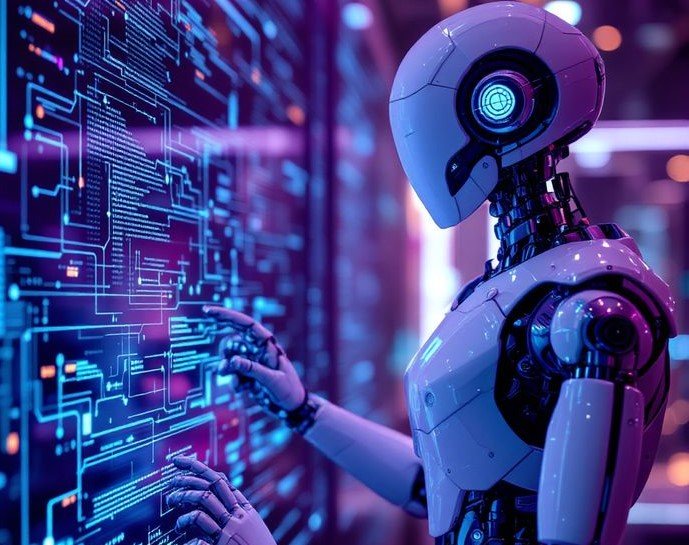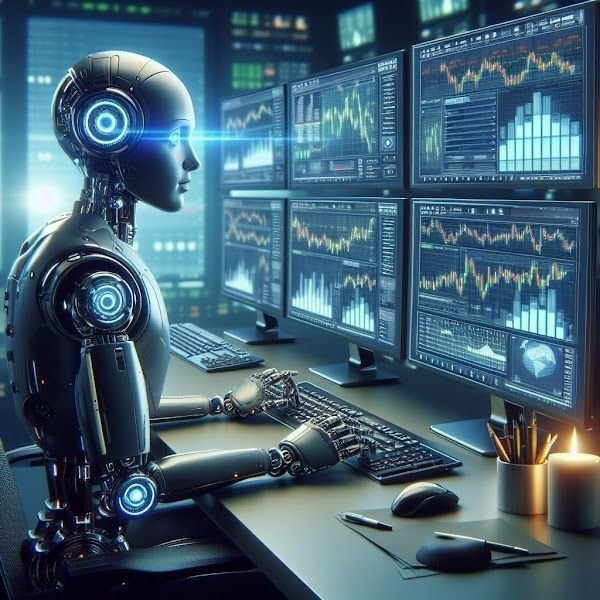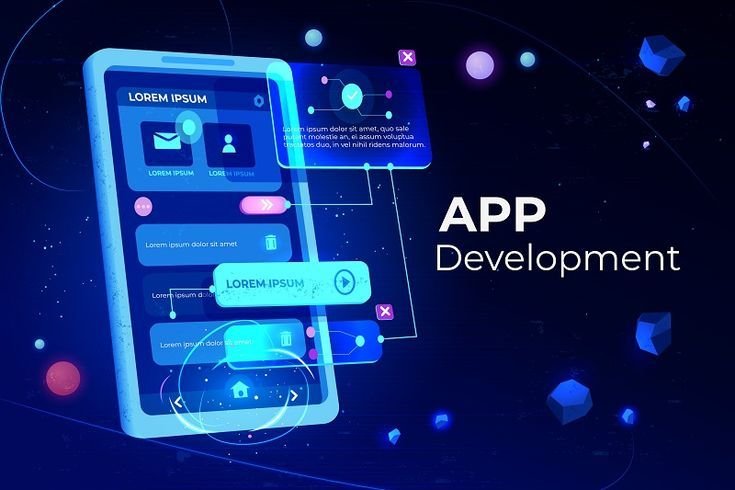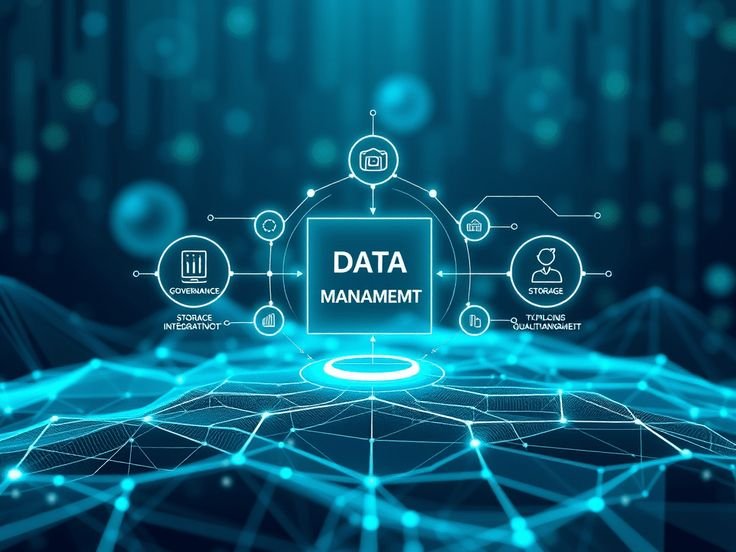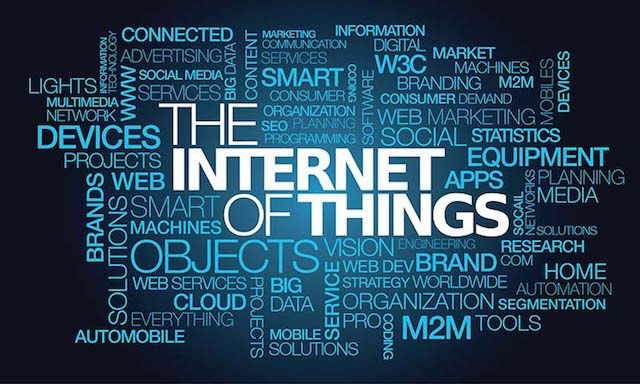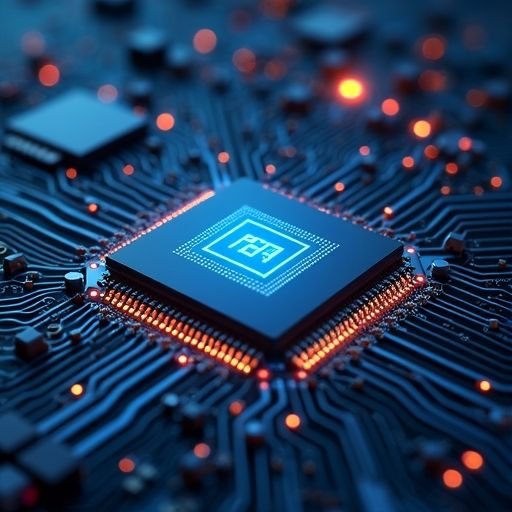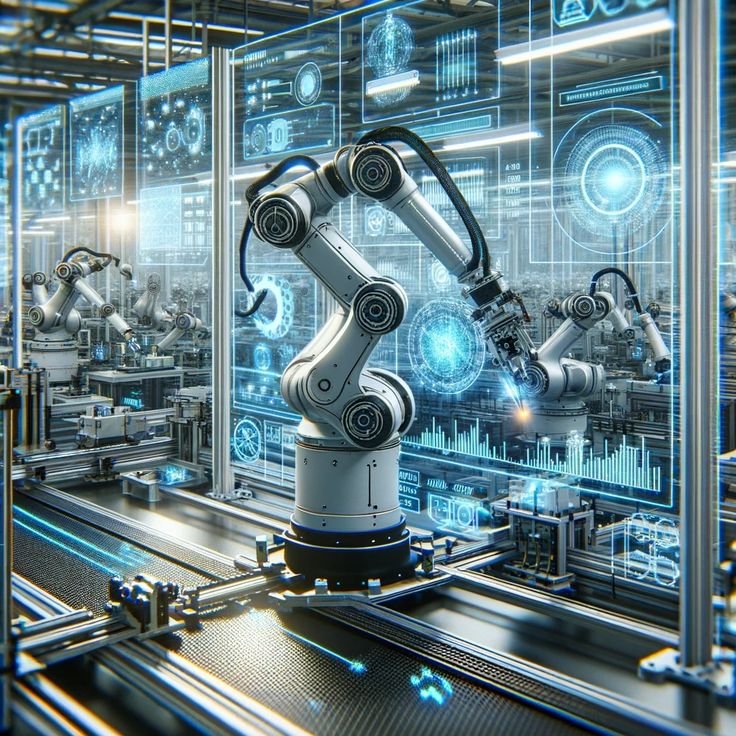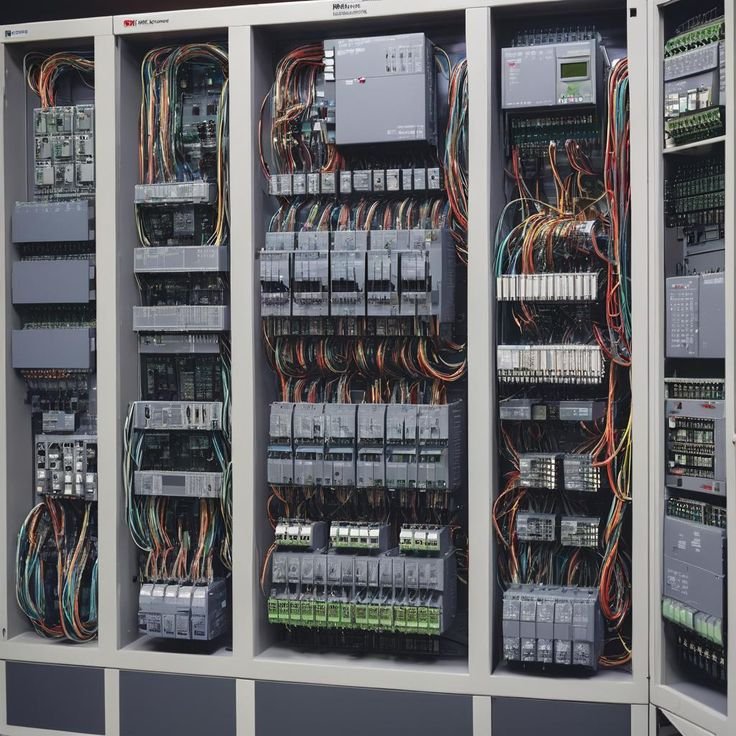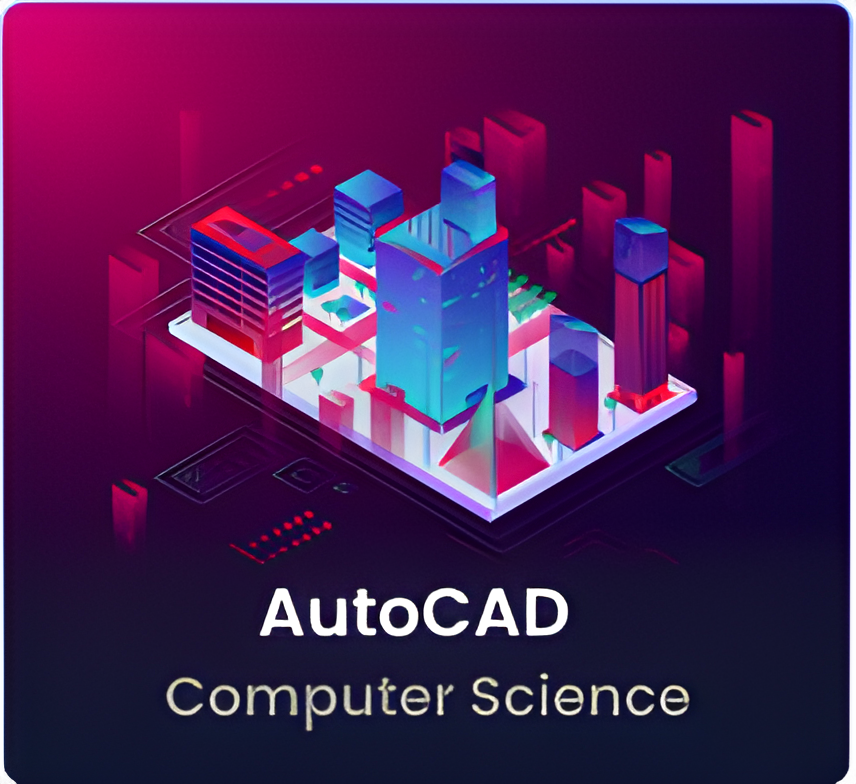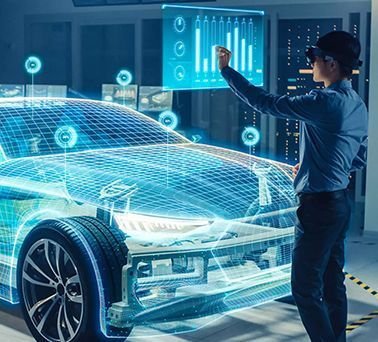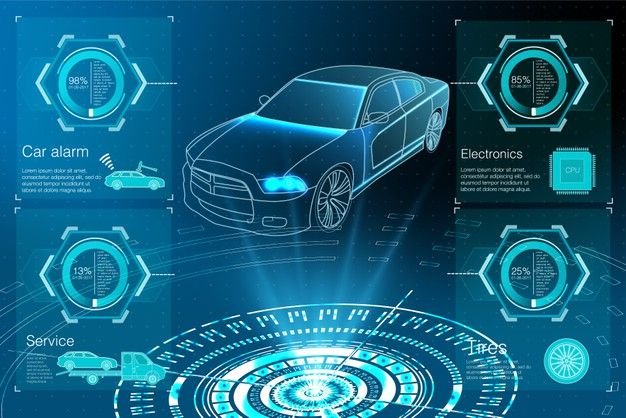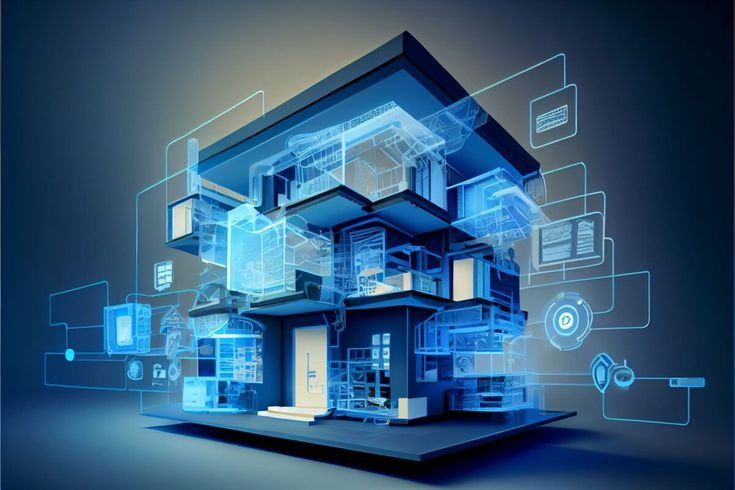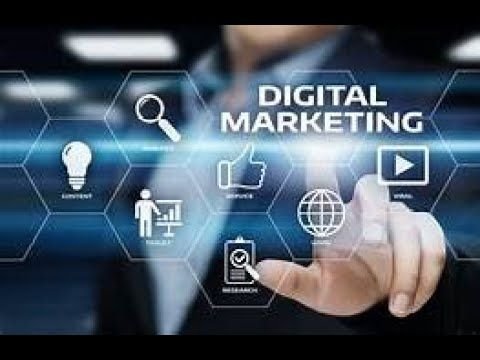IC Engine Training
Last Update
Jan,01 1970Category
Mechanical EngineeringDescription
Module 1: Introduction to IC Engines
-
Types of IC engines: SI (Spark Ignition) and CI (Compression Ignition)
-
Engine components and their functions
-
Basic working principles
Module 2: Thermodynamics of IC Engines
-
Air-standard cycles (Otto, Diesel, Dual)
-
Combustion process and fuel-air mixture
-
Engine efficiency and performance parameters
Module 3: Engine Components and Materials
-
Cylinder, piston, crankshaft, valves, camshaft
-
Materials used in engine construction
-
Cooling and lubrication systems
Module 4: Fuel Systems and Ignition
-
Carburetors and fuel injection systems
-
Ignition systems: magneto, coil, electronic ignition
-
Emission control technologies
Module 5: Engine Testing and Performance Analysis
-
Measurement of power, torque, and fuel consumption
-
Brake and indicated thermal efficiencies
-
Emission testing and standards
Module 6: Maintenance and Troubleshooting
-
Common engine faults and their diagnosis
-
Routine maintenance procedures
-
Tools and techniques for repair
Module 7: Advances in IC Engines
-
Turbocharging and supercharging
-
Alternative fuels and hybrid engines
-
Recent trends and future prospects
Practical Sessions and Projects
-
Dismantling and assembling an IC engine
-
Performance testing on engine test rigs
-
Emission analysis and tuning
Requirements
What is an IC Engine?
An Internal Combustion (IC) Engine is a heat engine where the combustion of fuel occurs inside the engine cylinder, producing power to drive vehicles, machinery, and equipment.
Why Learn IC Engine Technology?
-
Fundamental knowledge for automotive and mechanical engineers
-
Essential for maintenance, repair, and design of engines
-
Understanding engine performance, emissions, and efficiency
-
Opens career opportunities in automotive service, manufacturing, and research
Curriculum
-
LevelBeginner
-
Lectures10 Lectures
-
Duration10h/30m
-
CategoryMechanical Engineering
-
LanguageEnglish
-
CertificateYes
.jpg)
